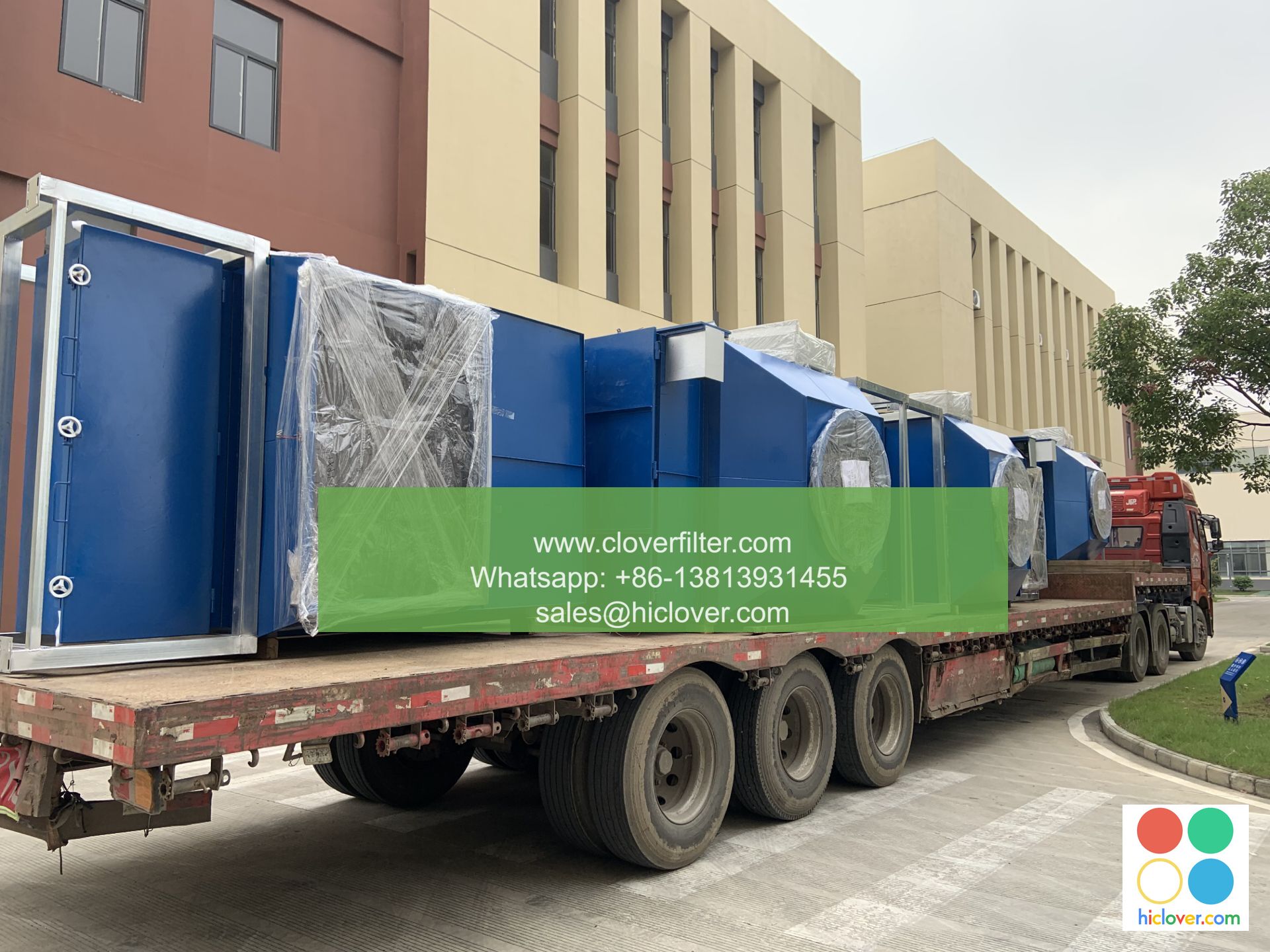Air Filter Systems for Energy Efficiency in Commercial Buildings

As the world grapples with the challenges of climate change, energy efficiency has become a top priority in commercial buildings. One often overlooked aspect of energy efficiency is the air filter system. A well-designed air filter system can significantly reduce energy consumption, improve indoor air quality, and enhance the overall comfort of occupants. In this article, we will delve into the world of air filter systems for energy efficiency in commercial buildings, highlighting various application areas and exploring the benefits of advanced filtration technologies.
Introduction to Air Filter Systems
Air filter systems are a critical component of commercial building HVAC (heating, ventilation, and air conditioning) systems. Their primary function is to remove airborne pollutants, such as dust, pollen, and other particulate matter, from the air. However, traditional air filter systems can be energy-intensive and may not provide adequate filtration. Modern air filter systems, on the other hand, are designed with energy efficiency in mind, utilizing advanced technologies such as nanofiltration, ultrafiltration, and activated carbon filtration.
Benefits of Energy-Efficient Air Filter Systems
The benefits of energy-efficient air filter systems are numerous. Some of the most significant advantages include:
* Reduced energy consumption: Energy-efficient air filter systems can significantly lower energy consumption, resulting in cost savings and a reduced carbon footprint.
* Improved indoor air quality: Advanced air filter systems can remove up to 99.97% of airborne pollutants, creating a healthier and more comfortable indoor environment.
* Extended equipment life: Energy-efficient air filter systems can help extend the life of HVAC equipment, reducing maintenance and replacement costs.
* Increased productivity: A well-designed air filter system can improve occupant comfort, leading to increased productivity and improved overall well-being.
Application Areas for Air Filter Systems
Air filter systems can be applied in various commercial building settings, including:
* Office buildings: Energy-efficient air filter systems can improve indoor air quality and reduce energy consumption in office buildings.
* Healthcare facilities: Advanced air filter systems are essential in healthcare facilities, where infection control and indoor air quality are critical.
* Industrial facilities: Energy-efficient air filter systems can help reduce energy consumption and improve indoor air quality in industrial facilities.
* Data centers: Air filter systems are critical in data centers, where temperature control and humidity control are essential.
Technologies for Energy-Efficient Air Filter Systems
Several technologies are available for energy-efficient air filter systems, including:
* HEPA (High Efficiency Particulate Air) filtration: HEPA filters can remove up to 99.97% of airborne pollutants, making them an ideal choice for commercial buildings.
* Activated carbon filtration: Activated carbon filters can remove gases, odors, and other airborne pollutants, improving indoor air quality.
* UV (Ultraviolet) filtration: UV filters can remove bacteria, viruses, and other microorganisms, creating a healthier indoor environment.
* Smart filtration systems: Smart filtration systems can monitor and adjust air filter performance in real-time, optimizing energy efficiency and indoor air quality.
Conclusion
In conclusion, air filter systems play a critical role in energy efficiency and indoor air quality in commercial buildings. By highlighting various application areas and exploring the benefits of advanced filtration technologies, we can create healthier, more comfortable, and more energy-efficient buildings. As the demand for energy efficiency continues to grow, it is essential to invest in modern air filter systems that can meet the needs of commercial buildings while minimizing their environmental impact. You haven’t provided a question or topic for me to address. Please provide more context or information so I can assist you better. What would you like to talk about or ask?

